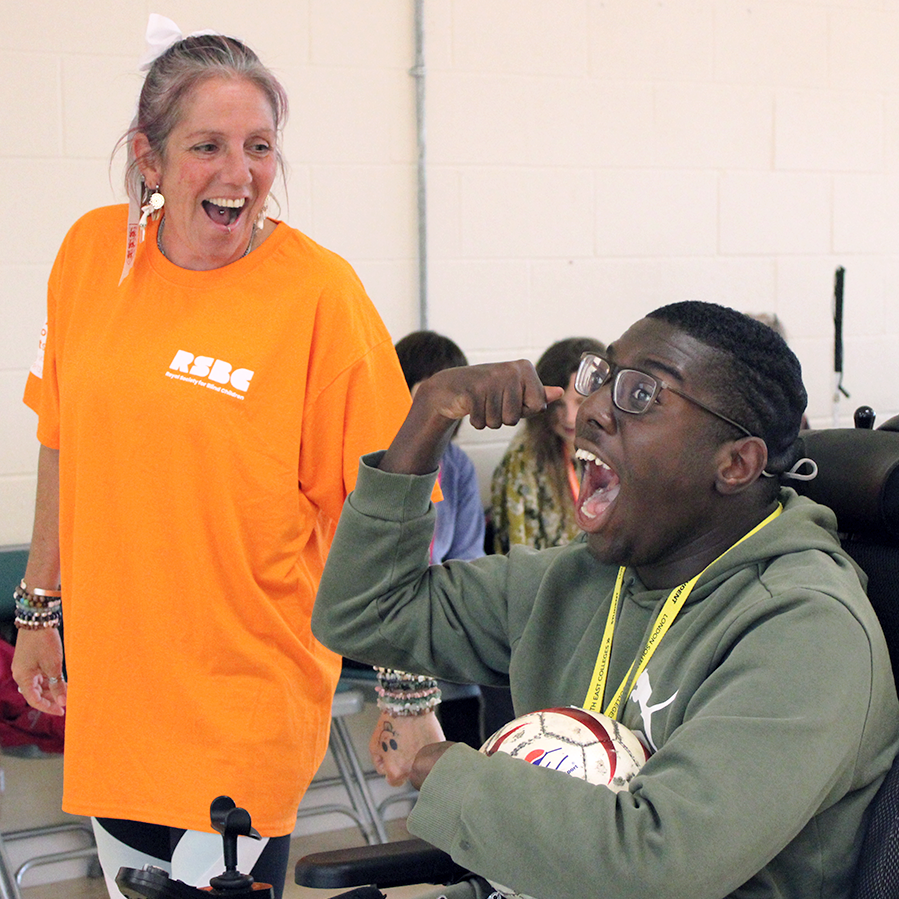RSBC Safeguarding Statement
As a charity that works with families, children and young people from 0 to 25 years, Safeguarding is embedded in everything we do. We recognise that we have a duty of care to all the children and young people we provide services for, and that we must always be vigilant to the possibility and risk of abuse. This includes taking the necessary steps to safeguard them and promote their welfare.
When we recruit staff, volunteers and trustees we follow safer recruitment processes including DBS and social media checks. All staff and volunteers complete mandatory safeguarding induction training regardless of whether they work directly with children and young people, their family and/or carers on a regular basis. Mandatory face-to-face training is provided to all our staff who work directly with children and young people.
We have an internal Safeguarding group and at a governance level we have monitoring by a Services and Safeguarding Committee with oversight by the full Board of Trustees. We make sure that there are clear safeguarding procedures, policies and guidance for all of our staff and volunteers that ensures clear, robust action can be taken when required.
Our safeguarding procedures and practice mean that we can provide a safe place for children and young people to engage with us and the services we provide.
Do you have a safeguarding concern?
If you have an immediate concern about a child’s welfare, please contact your local council’s social care department, which is available 24 hours a day. You can find their contact details on the gov.uk website or on the local council’s website.
If your concern is urgent, please call the police in your area or 999.
If you would like to see our full safeguarding policies and procedures or have a concern you wish to discuss, please email: enquiries@rsbc.org.uk or call 02031980225.
Will the information I share be confidential?
Safeguarding is our priority at RSBC, and it’s important you feel safe and supported and know where to go to get the right support.
Confidentiality is also very important to us, but if our staff have a concern that what you have told them means that you are not safe or are at risk of significant harm, or that somebody you have told them about is not safe, then we may need to share that information with the right people who can offer you some help. Sometimes, there may be a legal requirement to pass on safeguarding information.
When it is necessary to pass on information, we will usually discuss this with you first and seek your agreement to share the information. If this is not possible, or you do not consent, we might have to act straight away, if we believe that there is immediate risk of significant harm to you or someone else.



